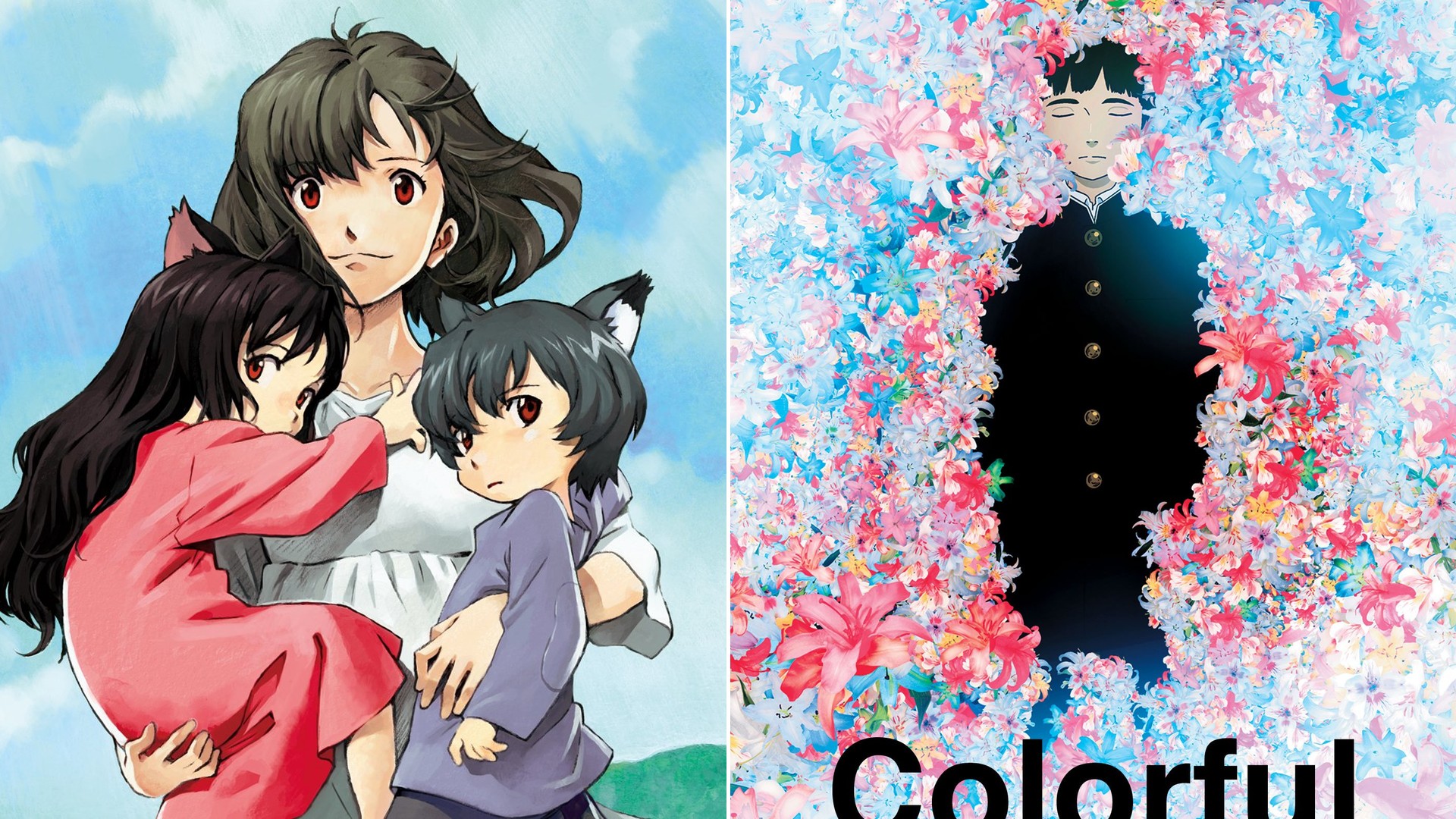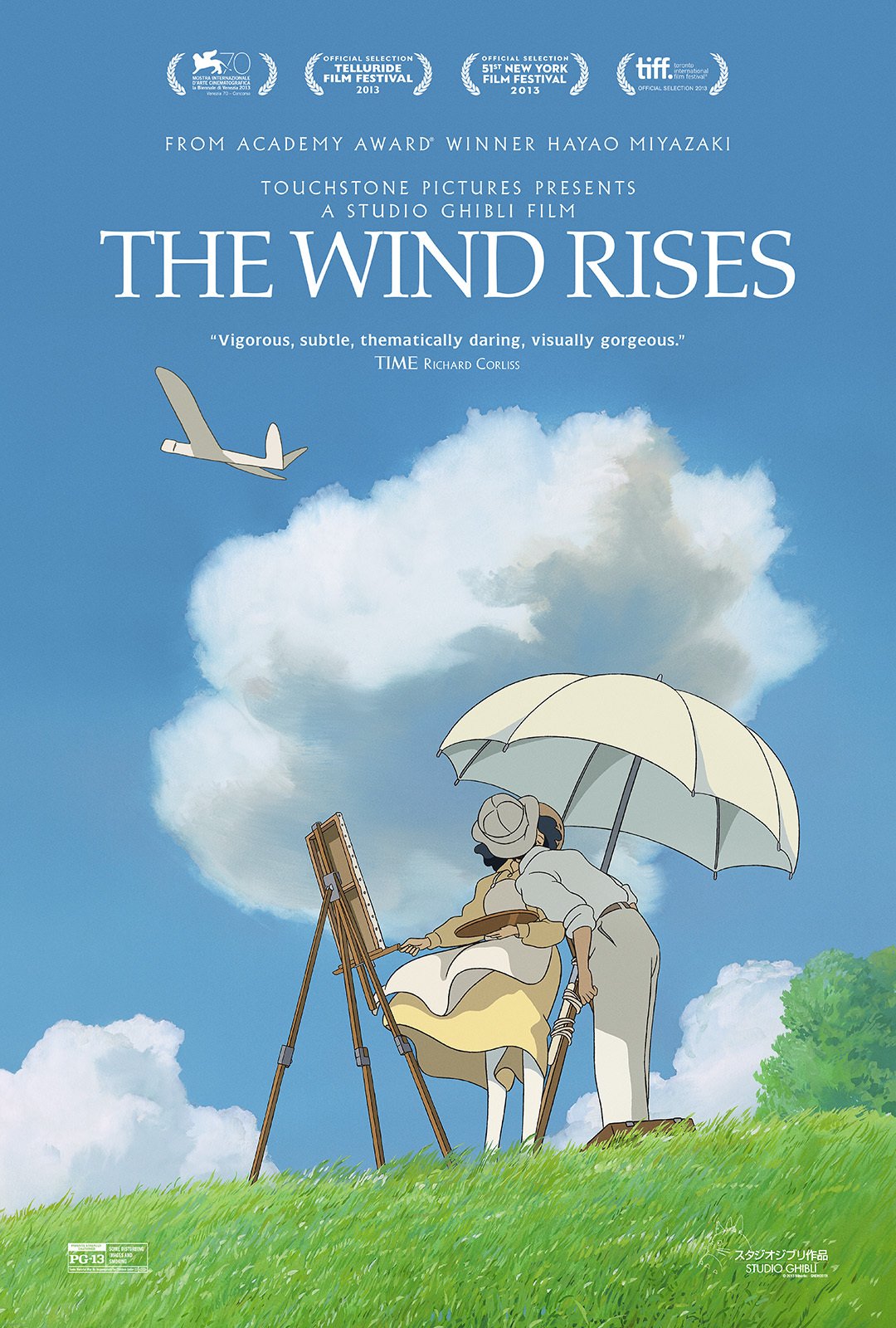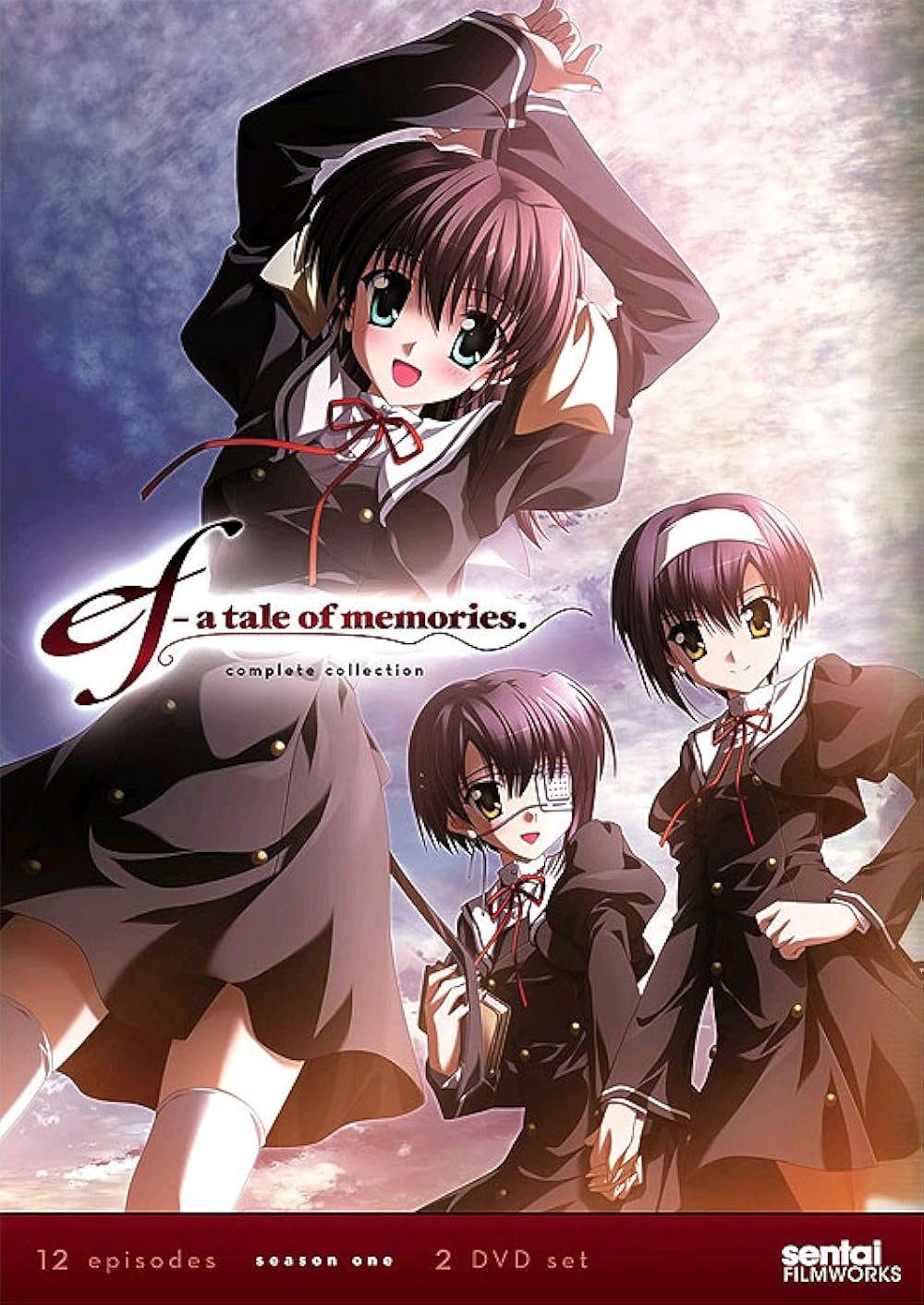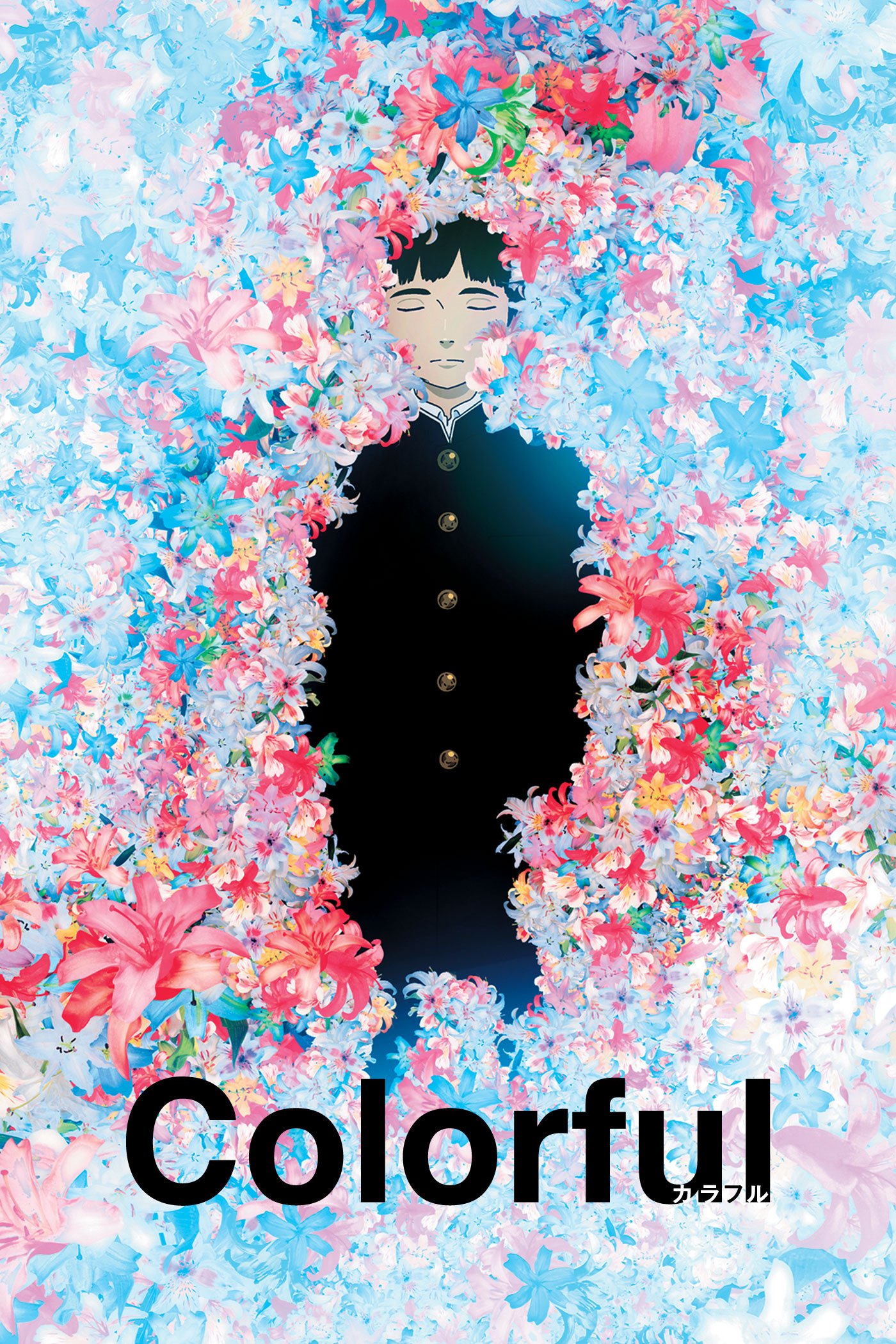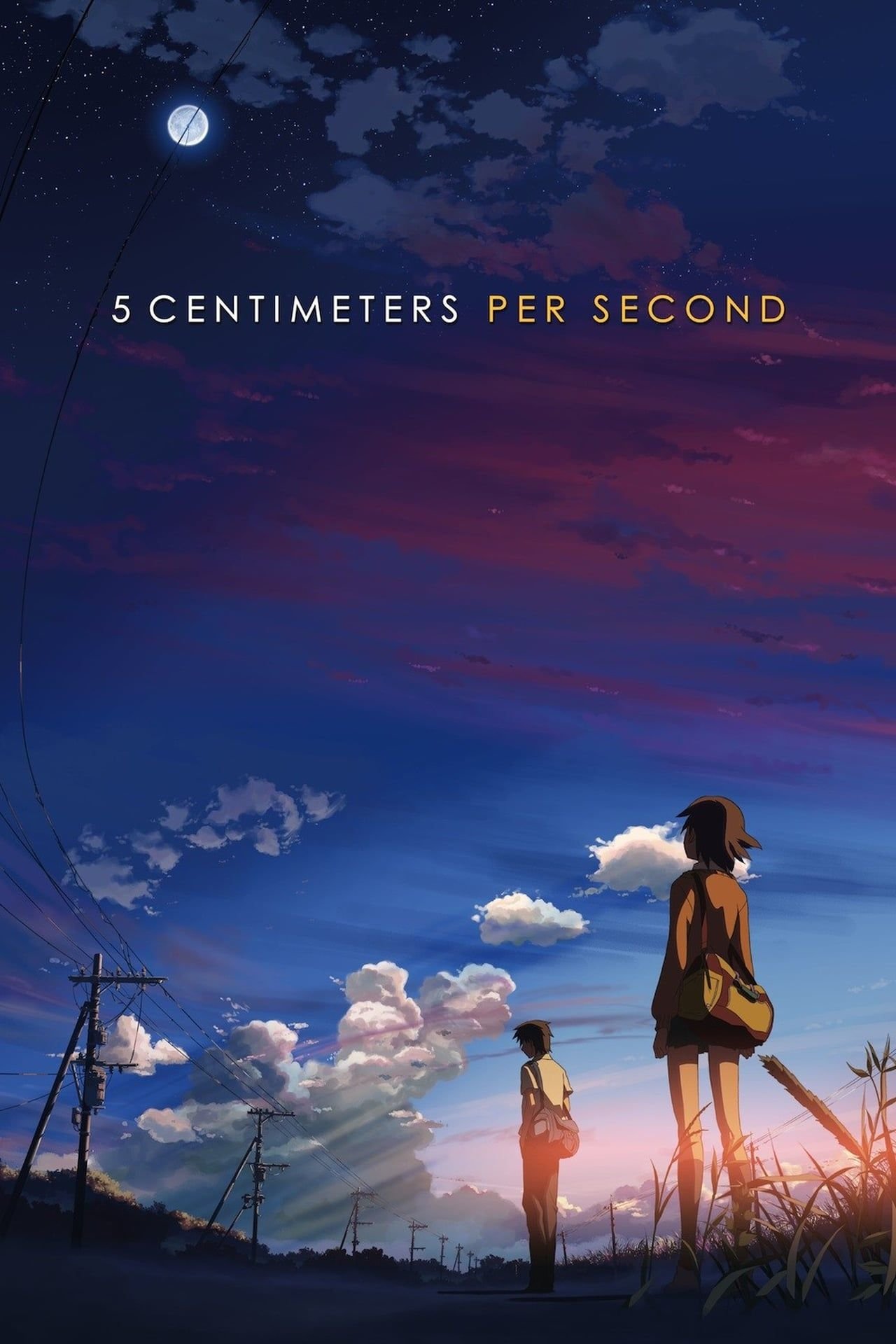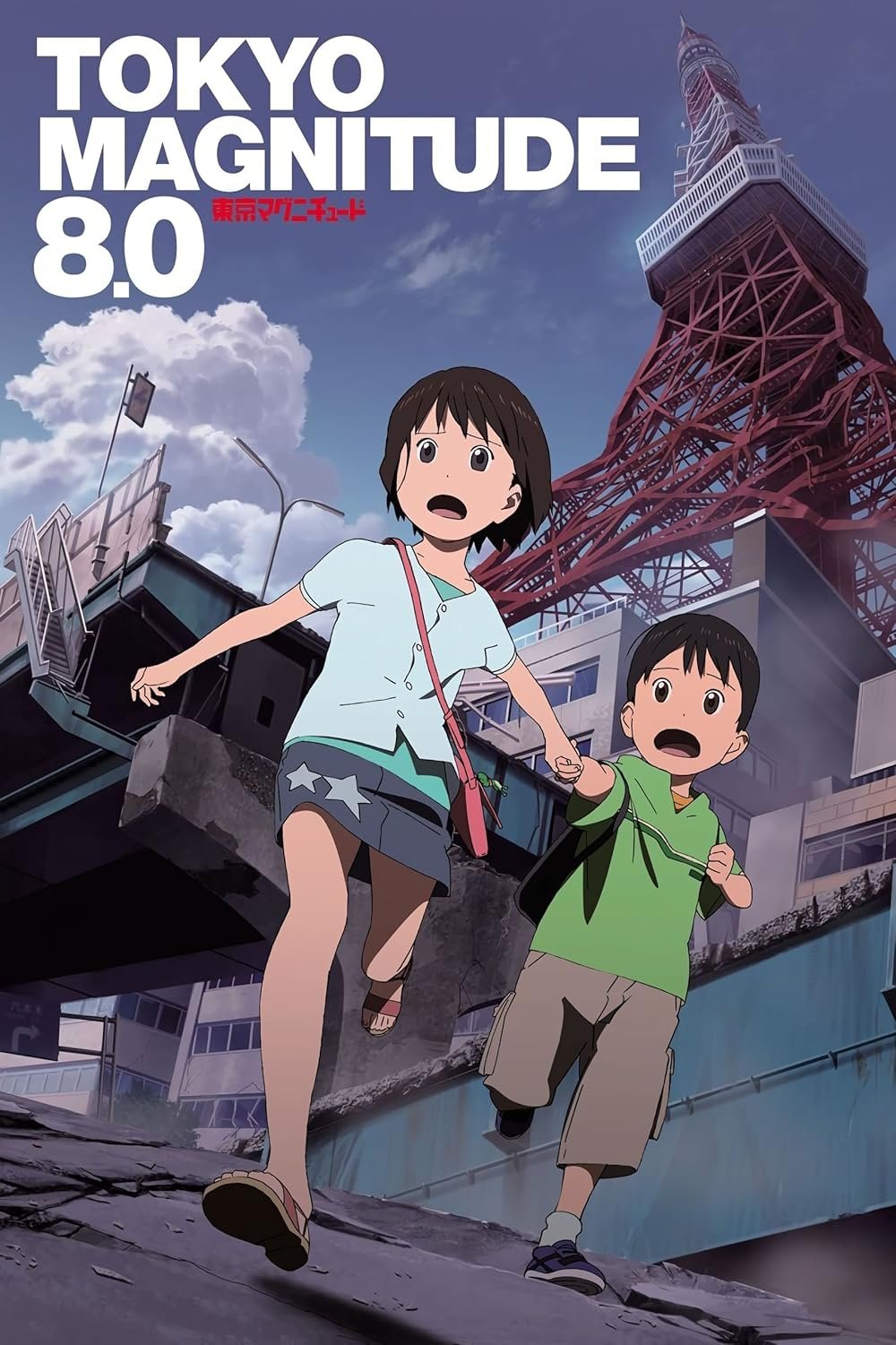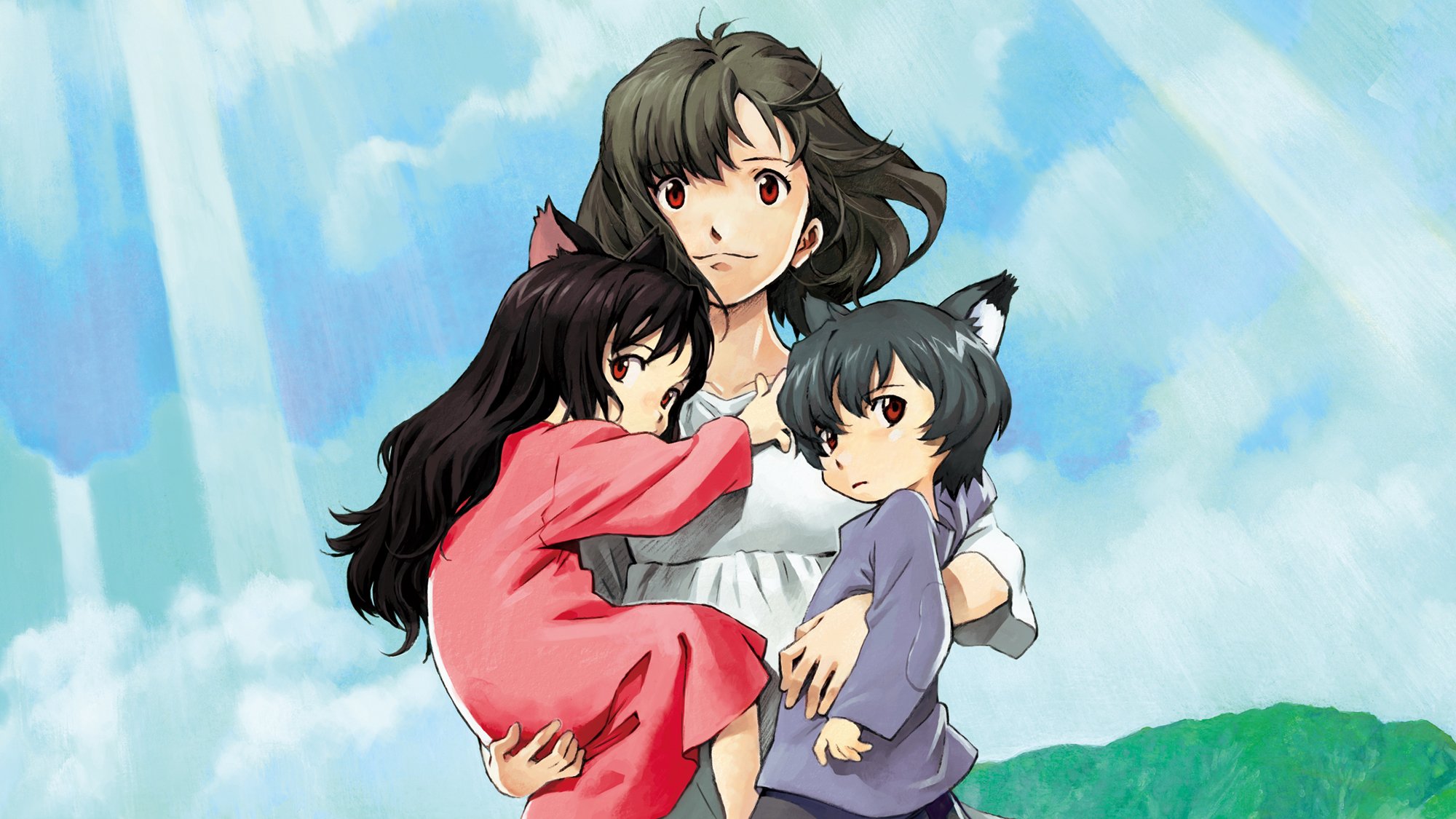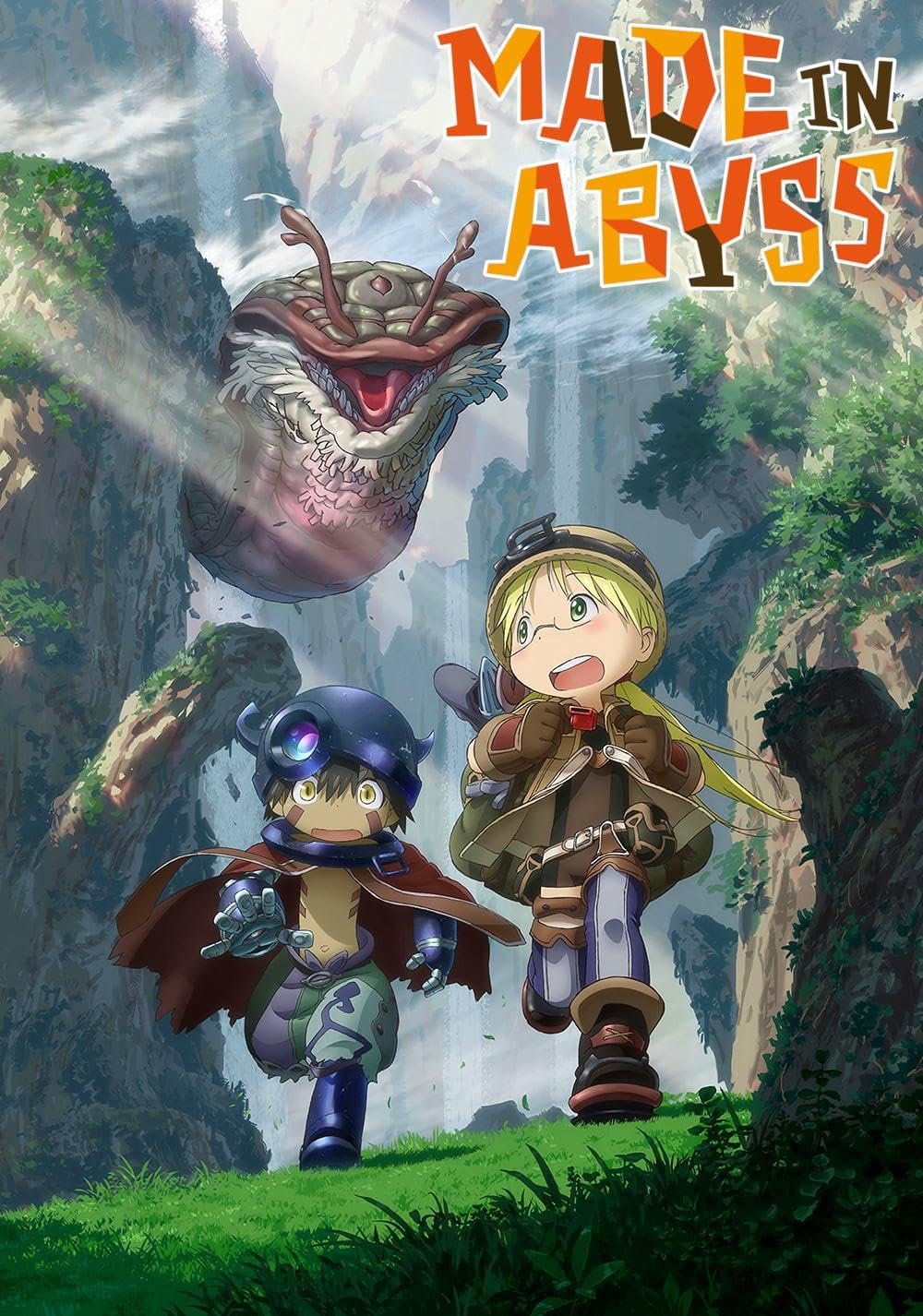The shows on this list leave a mark because they focus on loss, regret, and love. They slow down to show everyday choices and the weight that follows. Many balance quiet scenes with sharp moments of pain, which makes the grief feel real rather than forced.
Some are feature films and others are long-running series, but each title builds toward emotional payoffs that stay with you. If you are sensitive to heavy topics, check content notes where you watch, since several include war, illness, or trauma.
#25. Kanon (2006)
Set in a snow-covered town, Kanon layers multiple arcs that touch on memory and healing. The soft winter look hides deeper pain as Yuichi reconnects with girls from his past and each story peels back a quiet hurt. The steady pace makes the reveals feel earned.
What hits hardest is how small kindnesses matter when people are close to breaking. The show leans into bittersweet resolutions rather than neat fixes, especially in the Ayu and Makoto arcs. That mix of comfort and chill gives Kanon its lingering sadness.
The 2006 version ties the routes together with careful music cues and warm light. Those choices make the final moments of each arc feel personal, like a memory you remembered too late. It is gentle, but the last images often sit heavy.
#24. The Wind Rises
Hayao Miyazaki’s film follows Jiro Horikoshi as he chases a dream of flight while living through earthquakes, illness, and war. The romance with Nahoko is tender and fragile, shaped by time and uncertainty.
The film never excuses what aircraft will be used for, but it shows how dreams can be complicated. Beauty and cost sit side by side in the final act. The quiet farewell feels like a soft wind that still carries loss.
Every sequence, from the Great Kanto Earthquake to quiet mountain scenes, carries a careful rhythm. The score and sound design give weight to breath and silence, which makes the ending more piercing. It is a story about holding a dream even when it hurts to look.
We chase what we love and accept the price that follows.
#23. Ef: A Tale of Memories
This series spins two romances built on fractured memory and loneliness. Chihiro’s condition means each new day risks losing the last, which turns ordinary promises into heavy vows. The direction uses bold cuts to underline isolation.
Hiro and Miyako’s thread looks light at first, but it rests on guilt and fear of being forgotten. Even cheerful scenes carry anxious edges, which makes later choices feel inevitable. The show asks what love looks like when time does not cooperate.
Ef uses visual metaphors more than most romance anime. Empty spaces and sharp color shifts reflect inner breaks without spelling them out. The final episodes land because the style keeps pointing to what words cannot hold.
Sometimes memory keeps us alive, and sometimes it keeps us from living.
It is not misery for its own sake. It pushes toward connection, even if fragile, and that makes the sadness feel human.
#22. Colorful
Colorful begins with a soul given another chance by waking in the body of a boy who attempted suicide. The goal is to find the reason for his despair and decide if life is still worth it. The result is quiet, grounded, and honest.
The film looks closely at family strain, secrets, and shame. It asks viewers to sit with awkward meals and small apologies that carry weight. There is hope, but it is earned through facing things people prefer to hide.
The ending does not erase the past. It shows how tiny acts can pull someone back to life, one step at a time. That restraint and care make Colorful’s sadness feel constructive rather than bleak.
#21. 5 Centimeters per Second
Makoto Shinkai tells a story of two people who drift apart despite deep feelings. Trains, emails, and seasons mark small distances that grow into years. The film captures how timing can be the quiet villain that changes everything.
Shinkai’s skies are lovely, which makes the loneliness hit harder. Beauty sits next to emptiness in long shots of platforms and streets. The film suggests some paths never cross again, and that truth can feel crushing.
There is no big outburst. The sadness comes from acceptance and a final look that says what words cannot. Many leaving the film remember the ache of what might have been, and that ache tends to stick.
Sometimes love survives. Sometimes only the memory does.
#20. Air
Air wraps a summer glow around a story of illness, curses, and desire for freedom. Misuzu’s struggle is tender and painful, and the show respects her small joys even as time runs short. The lullaby-like score deepens the melancholy.
The narrative reaches back through legends to show how repeating grief can trap people. Moments with Haruko bring a different kind of love that feels fierce and human. Their bond becomes the heart of the story’s quiet truth.
The finale is remembered for how it holds on to hope while facing loss. It suggests that care can persist beyond endings, even if outcomes hurt. That tone makes Air a key title in the sad summer genre that fans revisit.
Even the beach scenes carry a shadow. Sunlight cannot erase a fate that feels set, which is why the last episode lands with lasting weight.
Wings do not always mean escape, but they can still mean love.
#19. Plastic Memories
In a world with androids who have a fixed lifespan, a young team retrieves units before they lose their memories. The central romance is about loving someone you know you will soon lose.
Episodes move between workplace humor and doors closing on families that are not ready to say goodbye. That contrast makes the final stretch feel sharper. It asks whether limited time can be full, and what we choose to do with it.
Also Read
10 phrases that sound supportive but are actually a subtle sign of manipulation
The show is clear that endings cannot be avoided. It finds dignity in routine care and small rituals that give grief a shape. That practical view keeps the emotions from feeling staged and makes the tears feel earned.
#18. Tokyo Magnitude 8.0
The series follows two siblings trying to get home after a massive earthquake hits Tokyo. The journey is slow and frightening, grounded in details of transit, shelters, and strangers helping each other. The realism is unsettling.
Mari, a single mother they meet, becomes their anchor. The show treats her and the kids with quiet respect while showing how disasters reveal character. The sadness comes from ordinary people doing their best with no easy outs.
By the end, the cost is clear without feeling sensational. It honors community and the pain of what was lost, leaving a memory of resilience that still hurts. It is a tough watch, but a valuable one for how it handles grief.
Also Read
10 Phrases That Sound Supportive But Are Actually a Subtle Sign of Manipulation
In a crisis, kindness becomes a map.
#17. Wolf Children
Hana raises two kids alone after their father dies, moving to the countryside to build a life from scratch. The film quietly tracks years of scraped knees, storms, and choices that separate family paths. The love here is sturdy.
What makes it sad is not tragedy for shock, but the honesty of letting children become who they are. That means Hana must face loneliness as part of good parenting. The movie treats her sacrifices with unusual care.
The final acts for Ame and Yuki hurt because they feel right. The film holds on one extra second so you feel the distance grow. It is a goodbye born from love, which is why the ending lingers with warmth.
Sometimes the kindest choice is to let go.
The score and natural sound carry much of the emotion. Simple chores and quiet rooms become memories before your eyes, and that gentle shift is what makes it so sad.
Also Read
People With Low Emotional Intelligence Often Miss These 6 Social Cues
#16. Puella Magi Madoka Magica
This series starts cute and then shows the cost behind wishes. Contracts carry fine print, and the story reveals how hope and despair tie together. Homura’s struggle gives the show its tragic loop.
The soundtrack and stark imagery make every turn feel heavy. Characters pay for power with pieces of themselves, and some prices cannot be returned. It is a deconstruction that still believes in a form of kindness.
The ending lands because it respects sacrifice rather than undoing it. It gives a form of mercy that still acknowledges loss. That balance is why people call it sad rather than simply dark, with scenes that stay in memory.
#15. Angel Beats!
Set in a high school afterlife, students come to terms with regrets from their lives. The early episodes are playful, which makes the later farewells sting more. Music performances add heart to the memories they share.
Also Read
8 Weird Habits You Don’t Realize You Have From Growing Up In A “We Can’t Afford It” Household
Each character gets a moment that reframes their behavior. The show turns rebellion into a way of saying, “I wasn’t ready to let go.” That shift is why the final episodes hit so hard.
The last goodbye is simple, warm, and painful. It frames acceptance as an act of love rather than surrender, which gives the sadness a sweetness. Fans remember small gestures, like a hand held a second longer than usual.
Closure is not forgetting. It is being able to remember without breaking.
#14. Made in Abyss
Riko and Reg descend into a pit full of wonders and horrors. The deeper they go, the more the rules of the world twist bodies and minds. The show is beautiful and brutal.
The sadness comes from people trying to make meaning in a place that punishes love. Nanachi’s backstory and the bond that follows show a wish to protect that meets a system built to break. That clash creates lasting pain.
Also Read
10 Phrases That Sound Supportive But Are Actually A Subtle Sign Of Manipulation
What makes it work is the patience. Quiet camp scenes sit next to scenes that are hard to watch, which makes safety feel fragile. The Abyss is indifferent, and that indifference is part of the show’s grief.
The score uses soft motifs before dropping into silence. When it does, you notice every breath and tremor, and the moment lands with force. You feel hope, but you also feel how little hope counts down in the dark.
Curiosity can save you, and it can cost you everything.
#13. Banana Fish
Set in New York, the series follows Ash Lynx and Eiji as they face a web of crime and abuse. The relationship at the center is gentle, which throws the violence around them into sharper relief. Survival here is always conditional.
The show treats trauma seriously without turning it into spectacle. Ash’s past explains his guard without excusing his rage. Eiji’s presence offers a fragile peace that the world refuses to let be.
Also Read
8 Cringey Phrases Older Relatives Use at Family Dinners That Younger Guests Dread
The sadness is not only the ending, but the sense that some places never allow a full future. Even small smiles feel like victories in a city that keeps taking. That contrast is what sticks in memory.
#12. Neon Genesis Evangelion
Evangelion mixes giant battles with psychological collapse. The mecha are metaphors as much as machines, and the pilots carry bruises that armor cannot hide. It is intimate and uncomfortable.
The sadness grows from children asked to save a world that will not save them. Parents and institutions fail, and the show lets viewers sit with shame, avoidance, and fear. It does not offer tidy fixes, only moments of clarity.
Across the TV ending and the film, the core question remains. Can someone accept themselves enough to keep going. The answer is hopeful and painful at once, which is why the series feels sad long after the credits. Its solitude feels familiar.
Sometimes survival is choosing to try again tomorrow.
